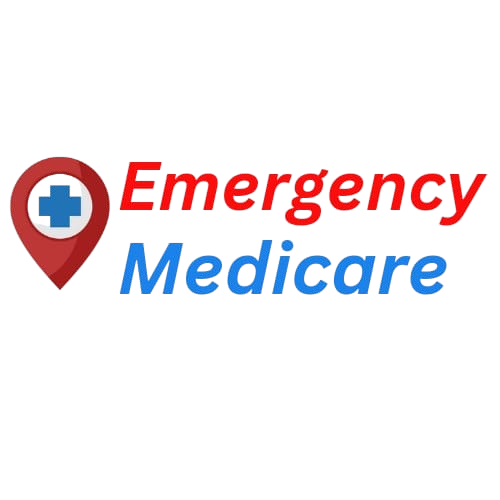Abdominal pain, or stomach pain, is something most of us have experienced at some point in our lives. It can range from a mild, annoying ache to severe, sharp pain that makes it hard to function. While some stomach pains are harmless and go away on their own, others can be a sign of a more serious condition. Knowing how to provide basic first aid for abdominal pain can help you or someone else feel better and prevent complications.
In this blog, we’ll cover the common causes of abdominal pain, when to seek medical help, and simple first aid steps you can take to ease the discomfort.
Common Causes of Abdominal Pain
Abdominal pain can be caused by many things, including:
- Indigestion or gas: Eating too much, eating too fast, or consuming foods that don’t agree with you.
- Food poisoning: Eating contaminated food can lead to stomach cramps, nausea, and diarrhea.
- Menstrual cramps: Many women experience abdominal pain during their periods.
- Constipation: Difficulty passing stool can cause cramping and discomfort.
- Stomach flu (gastroenteritis): A viral infection that causes stomach pain, diarrhea, and vomiting.
- Stress or anxiety: Emotional stress can sometimes manifest as stomach pain.
- Serious conditions: Appendicitis, kidney stones, ulcers, or gallstones can also cause abdominal pain but require immediate medical attention.
When to Seek Medical Help
Not all abdominal pain is the same. Some symptoms indicate a more serious problem. Seek medical help immediately if:
- The pain is severe and sudden.
- The pain lasts for more than a few hours or keeps coming back.
- You have a high fever, vomiting, or bloody stools.
- Your stomach feels hard or swollen.
- You have difficulty breathing or chest pain along with stomach pain.
- You suspect food poisoning or poisoning from chemicals.
If you’re unsure, it’s always better to consult a doctor.
First Aid for Abdominal Pain
Here are some simple steps you can take to help ease mild abdominal pain:
- Rest: Lie down in a comfortable position. Sometimes, resting can help your body recover and reduce pain.
- Apply Heat: Use a heating pad or warm water bottle on your abdomen. Heat can relax muscles and ease cramps, especially for menstrual pain or gas.
- Stay Hydrated: Sip on water, clear broths, or oral rehydration solutions. Avoid sugary drinks, caffeine, or alcohol, as they can make dehydration worse.
- Eat Light: Stick to bland foods like crackers, toast, rice, or bananas. Avoid spicy, fatty, or heavy meals until the pain subsides.
- Over-the-Counter Medications: For mild pain, you can take antacids (for indigestion) or pain relievers like acetaminophen (Tylenol). Avoid ibuprofen or aspirin if you suspect a stomach ulcer, as they can worsen the condition.
- Avoid Trigger Foods: If you suspect certain foods caused the pain (like dairy or fried foods), avoid them until you feel better.
- Monitor Symptoms: Keep track of your pain and any other symptoms. If the pain worsens or doesn’t go away, seek medical help.
What NOT to Do
- Don’t ignore severe or persistent pain.
- Don’t eat heavy or greasy meals if you’re already in pain.
- Don’t take strong painkillers without consulting a doctor, as they can mask serious symptoms.
- Don’t apply heat if the pain is due to inflammation (like appendicitis), as it can make it worse.
Preventing Abdominal Pain
While not all stomach pain can be prevented, you can reduce your risk by:
- Eating a balanced diet with plenty of fiber.
- Drinking enough water daily.
- Avoiding overeating or eating too quickly.
- Managing stress through relaxation techniques like deep breathing or yoga.
- Practicing good hygiene to avoid food poisoning.
Final Thoughts
Abdominal pain is common, but it’s important to listen to your body. Mild pain can often be managed at home with rest, hydration, and simple remedies. However, if the pain is severe or accompanied by other worrying symptoms, don’t hesitate to seek medical attention.
Remember, first aid is about providing immediate care, but it’s not a substitute for professional medical advice. When in doubt, always consult a healthcare provider.
Stay safe, and take care of your tummy! 😊

Leave Your Comment